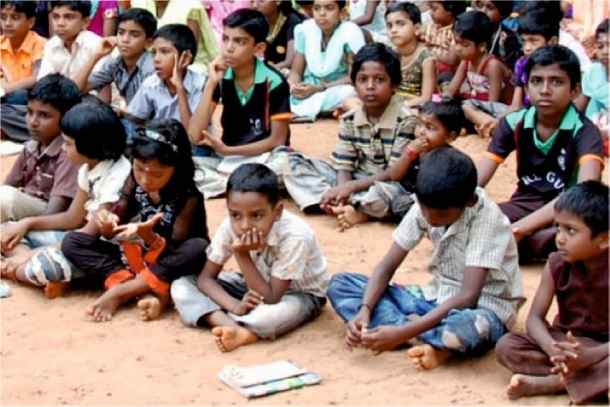Building Financial Capability for Children
Building financial capability is an important life skill that children need to learn to succeed in the future. It involves understanding money management, budgeting, saving, and investing. Teaching children financial capability at an early age can help them to make better financial decisions and set them on a path to financial independence.
There are many ways parents and educators can help children build financial capability. One of the most important is to start early. Children as young as three years old can begin to learn the basics of money management, such as counting money, identifying coins and bills, and understanding the value of money. Parents can use play money or a simple allowance to teach children about the importance of saving and spending wisely.
Another important aspect of building financial capability is teaching children about budgeting. Children should understand the concept of income and expenses, and how to prioritize their spending. Parents can involve children in setting a family budget and encourage them to think about how they can save money on their own expenses, such as toys or snacks.
Savings is also a crucial aspect of building financial capability. Children should learn the importance of saving for emergencies and long-term goals, such as college or a car. Parents can encourage children to save a portion of their allowance or earnings in a piggy bank or savings account. As children get older, they can also learn about investing and the power of compound interest.
Teaching children financial capability can also involve learning about the difference between needs and wants. Children should understand that there are basic necessities that they need, such as food, clothing, and shelter, and things that they want, such as toys or games. Parents can encourage children to prioritize their spending on needs first and then allocate some funds towards wants.
Finally, parents and educators can use real-life examples and scenarios to help children learn about financial capability. For example, they can involve children in grocery shopping and teach them about comparing prices, using coupons, and making a budget for groceries. Children can also learn about money management by setting up a small business, such as a lemonade stand, and keeping track of their income and expenses.
In conclusion, building financial capability for children is an important life skill that can set them on a path to financial independence and success. Parents and educators can teach children about money management, budgeting, saving, investing, and the difference between needs and wants. By starting early and using real-life examples, children can develop financial capability skills that will serve them well in the future.






